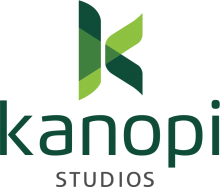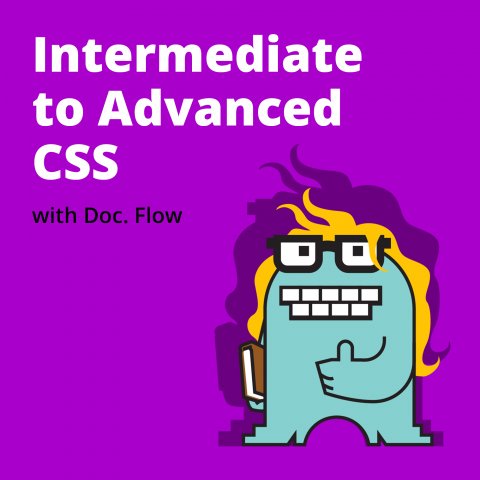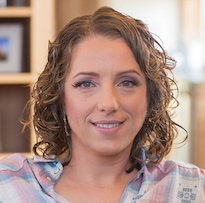Drupal Camp Asheville is proud to announce full-day training workshops on Friday, July 12, 2019! Each of these workshops is included in the price of the camp admission and taught by a world-class instructor.
Registration: 8:00-8:30am
Welcome: 8:30-9:00am
Trainings: 9:00am-5:00pm (includes coffee breaks and lunch)
Space for these workshops is extremely limited, so please only register if you are 100% positive that you'll be able to attend.
Contributing Back to Drupal
Come for the code, stay for the community.
Drupal thrives on community contributions in the form of patches and documentation to both contributed modules and core. This helps the project move forward and stay relevant.
Not everyone who works on open source projects is a senior developer. Drupal is built through lots of little tasks. Smaller tasks help people increase confidence and gain experience, which, in turn, leads to more contributions. We'll build on each other's strengths to learn how to navigate the issue queue while having fun trying new things.
But how does one become a contributor?
Together we will go through the process of creating an issue, writing a patch, uploading the fix to Drupal.org, reviewing the patch for RTBC (reviewed and tested by the community) and more. We'll even take a look at the upcoming GitLab contribution process because specific tools and processes change over time.
This training will take place in the morning followed by the afternoon portion of Contribution Day.



Essential Drupal 8 Developer Training
Intended for developers who have no, or limited, experience with Drupal 8 or OOP. Familiarity with Drupal 7 will be beneficial but isn't required. This workshop will help jump start your Drupal 8 coding work by laying the foundation for all the big concepts that have been recently introduced. More than just teaching these ideas, I will attempt to provide understanding behind the potential motivations for these changes and how they relate to the work you're already familiar with from Drupal 7 or other procedural frameworks/CMSs.
We'll discuss and write a custom module together that uses all of these concepts:
- Introduction to Object Oriented Programming
- PSR4: Namespaces and Autoloading
- What is Symfony?
- Drupal 8 file structure - What you need to know.
- YAML files & Annotations
- Services
- Hooks vs Events
- Custom Forms
- Custom Block Types
By the end of this workshop you should be significantly more knowledgable about how Drupal 8 has changed and understand why those changes are considered improvements on Drupal 7's code base.
It will be useful to come to this training with a local development environment where you can write and run PHP. Having a Drupal 8 site to work with would be beneficial, but isn't completely necessary.

Intermediate To Advanced CSS For Practical Peoples
The goal of this training is to help people who are familiar with CSS but find it frustrating, or want to learn more about how it works. We'll start by talking about how CSS was designed to work, what it wants to do, and then talk about the major parts of it. We won't be focusing much on syntax, that can be googled, the goal is to help you understand it so it doesn't feel frustrating, random and buggy. We'll be going over:
- CSS Layout in 2018 (how to use grid, flexbox, and when to use the old stand bys)
- Document flow, who can be your best friend (but may currently be your enemy)
- CSS architecture with topics like:
- Code writing tips and organization that can help keep CSS maintainable
- Different approaches to class names and applying CSS and their pros/cons
- Gotchas, tips, and myth busting on performance, organization, integrating CSS with your CMS (we'll use Drupal as the example)
- Tips on building CSS in an existing system, or creating on of your own
- Debugging CSS
- The tools to debug
- How to debug different kinds of layout issues
- Exercises/examples of common bugs
- Transitions/Animations in CSS
- Advanced CSS techniques and tricks
- Favorite tips and tricks (guest speakers and audience participation welcome!)


Intro to Backdrop CMS
Backdrop CMS is the Drupal fork. It's a CMS for the small to medium-sized business, non-profits, educational institutions, and companies or organizations who are delivering complex, comprehensive websites on a budget. This introductory training will cover the basics of creating and administering a website with Backdrop CMS. It should answer your questions about what it is, how it's different from Drupal, and why it might be the right choice for your team.
- In the morning we'll do a meet-and-greet to get to know one another, and what our experience is with Drupal and/or building the web.
- Then we'll have a brief presentation on the philosophy of Backdrop CMS, followed by questions and answers.
- For most of the day we'll build our own Portfolio websites on Backdrop CMS. In the process we will highlight the similarities and differences from doing so with Drupal. In particular we'll cover:
- Creating content (the editorial experience)
- Creating content types + adding fields
- Building Views
- Building Layouts
- Installing modules
- Exporting and importing Configuration
- At the end of the day we'll have a chance to dig into the code. Are you curious about porting modules, updating themes, creating layouts, or upgrading from Drupal 7? Let's do it live, together!



